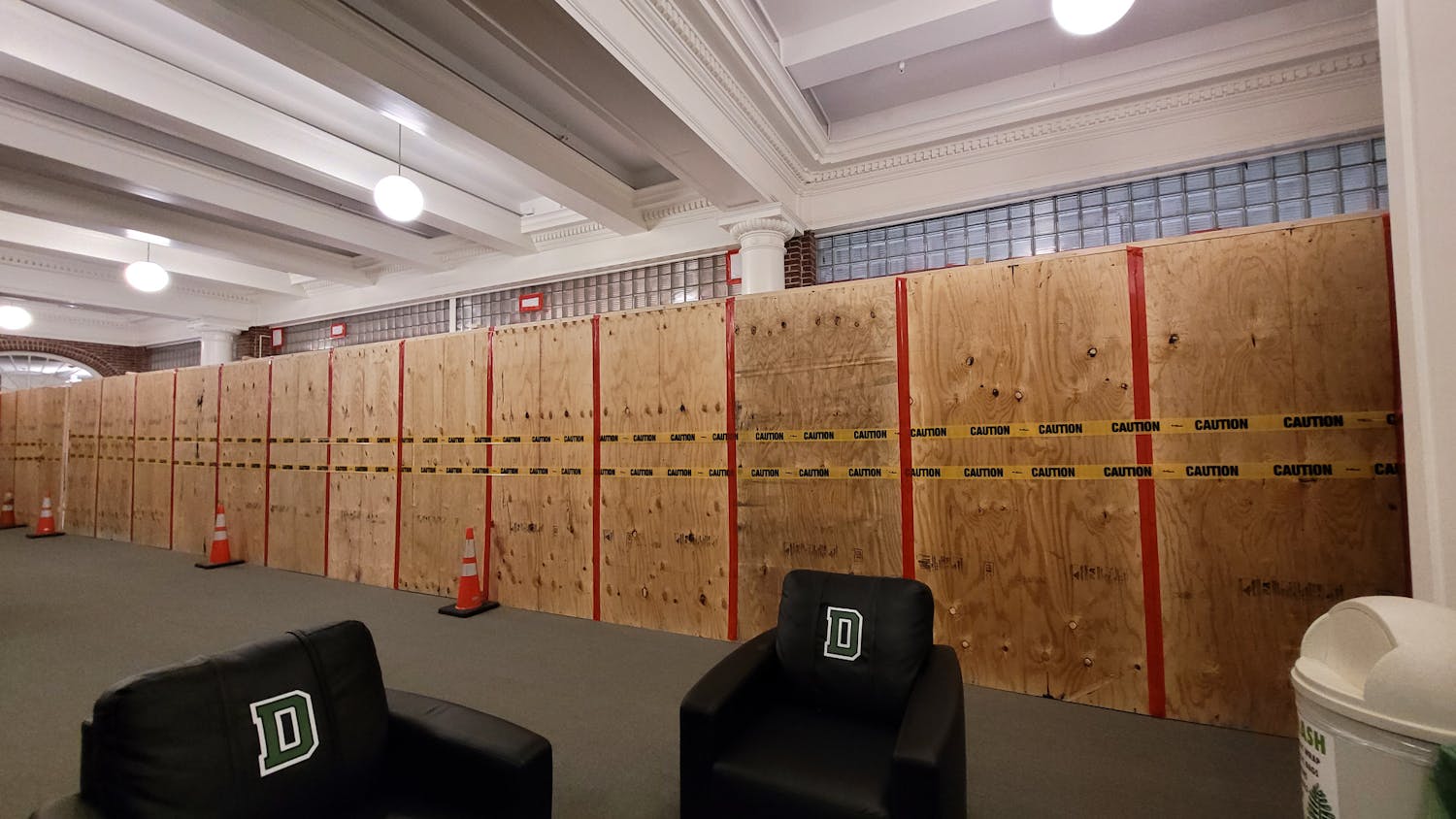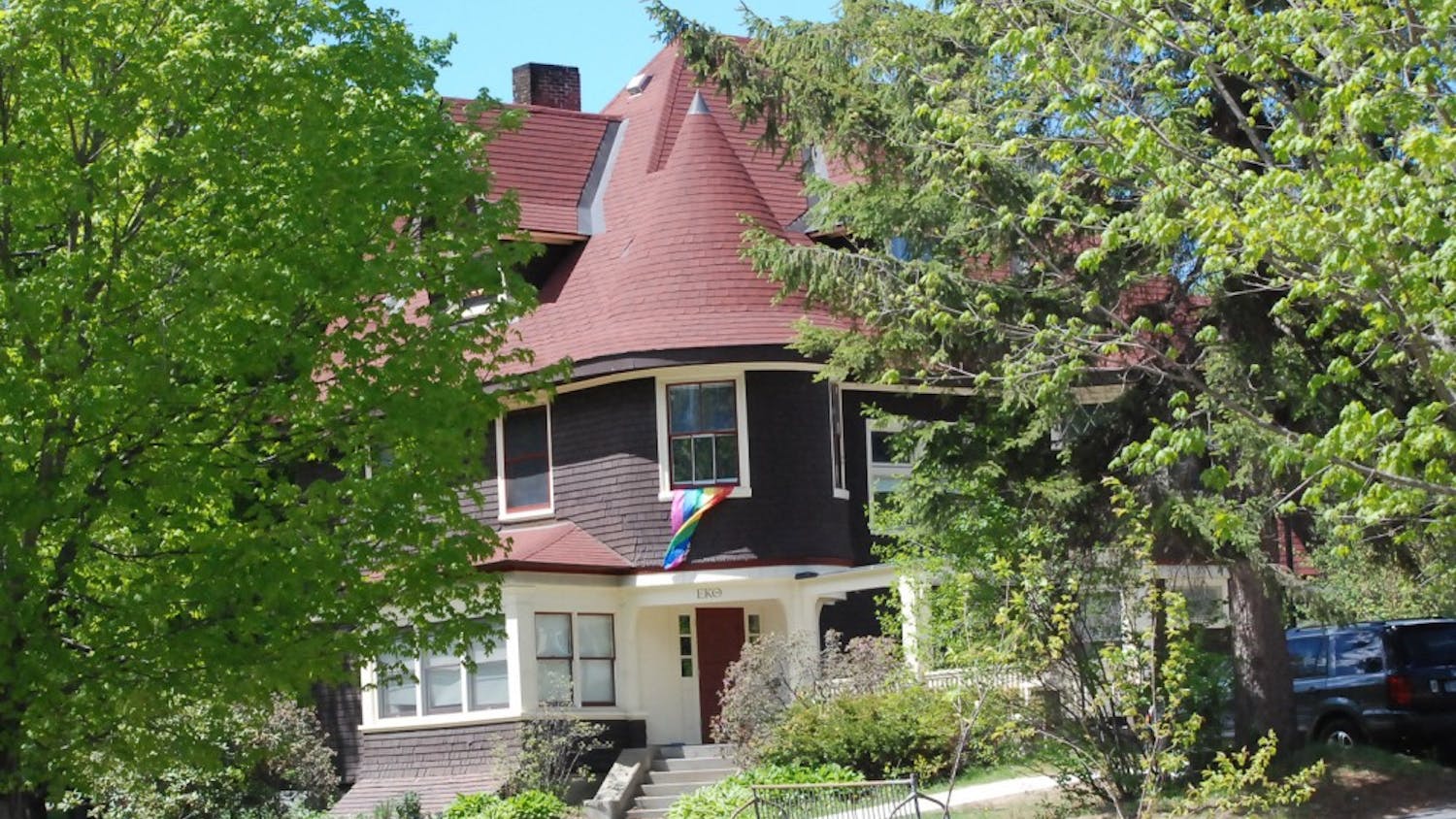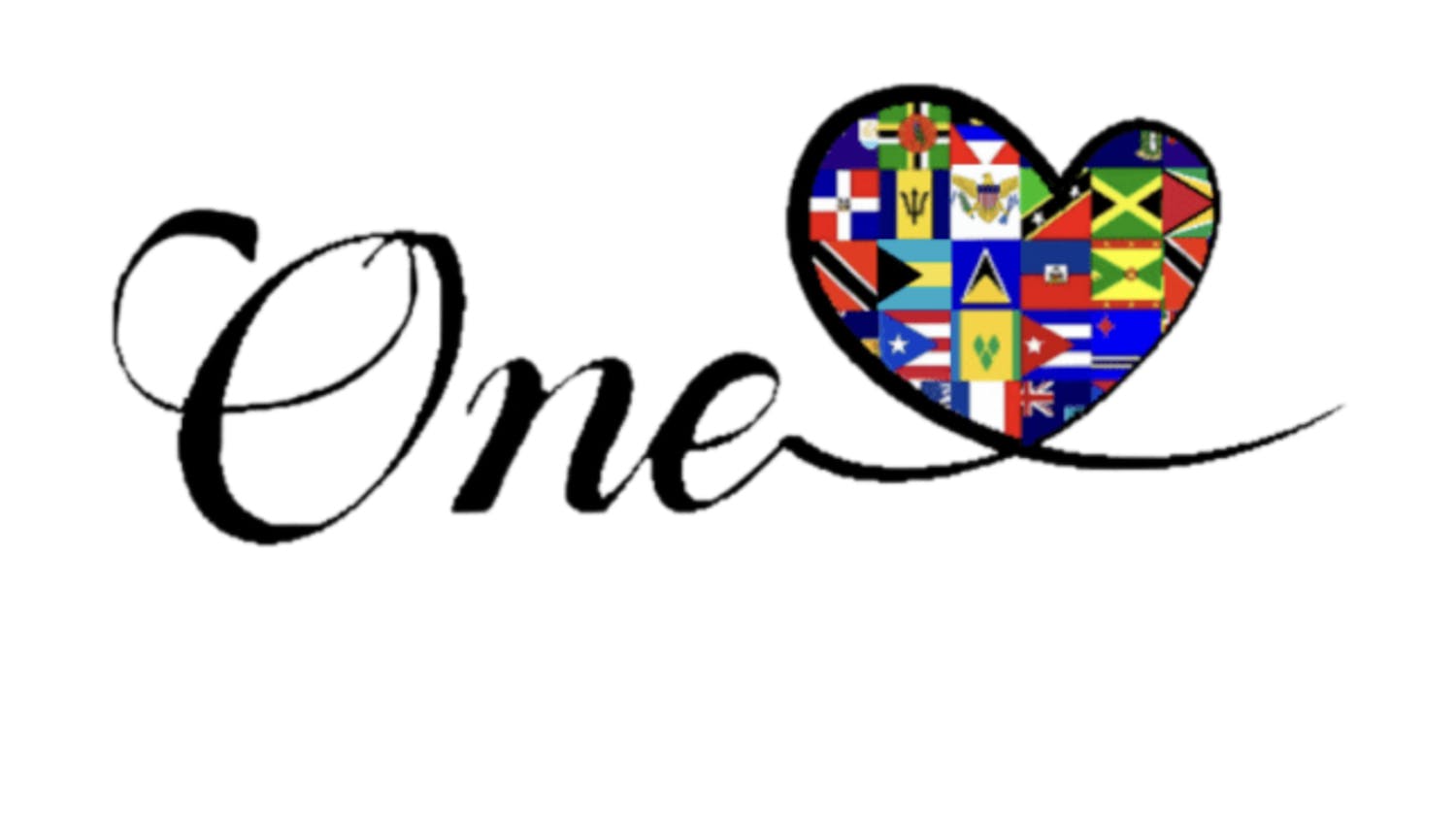In response to the abrupt closure of the Chinese School, held in the White Church in Hanover, the Dartmouth Chinese Cultural Society will spearhead an effort to revive the school's programs.
The new school, which hopes to help Chinese-American children connect with their roots, will offer a variety of classes from culturally-oriented activities such as Chinese chess, dance, yo-yo, brush painting and singing, to specific language courses which will acquaint the children with the Chinese language at a young age.
These classes, which are aimed at children between the ages of five and 11, will be taught by Dartmouth students who have taken advanced Chinese courses at the College and who are preferably native speakers of the language.
Though the school is still in the planning stages, a meeting for interested parents took place Monday with members of DCCS. DCCS participant Christine Huang '08 said that many families have already expressed interest in the project. Currently, the success of the school depends upon the willingness of Dartmouth students to donate their time to fill the unpaid teaching positions needed. DCCS hopes to have classes on Fridays, tentatively from 6 to 9 p.m.
Huang, who is also a member of Dartmouth Asian Organization's pal program and a teacher for the Little Dancers traditional Chinese dance troupe, is leading the campaign to realize this effort. Huang said that Chinese school was an essential part of her childhood.
"I personally used to go to Chinese school, and it was a big way for me to socially develop," Huang said. "It's really good because there are a lot of adopted children in the [Hanover area] and it would be really great to just spread the culture and teach kids Chinese."
While both her personal experience and involvement in DCCS, the pal program and the Little Dancers have given Huang incentive to work for the new Chinese school's success, she and other DCCS members also stressed the importance of creating a welcoming culture for Chinese-Americans in the area.
DCCS members believe that opening the new school would prove to be a real gift for the community, especially after the recent closure of the previous institution.
Huang said a Dartmouth student used to teach many of the classes, and when he could no longer fulfill the position, the school was forced to close. She also added that many of the parents disagreed over the type of Chinese being taught in the language classes.
"There is a simplified form and a traditional form of Chinese," Huang said. "Mostly people in Taiwan and Hong Kong use traditional, but the mainland developed a new system and it's simplified. Some people prefer that."
Although the new school, despite the controversy, will be teaching the traditional form of the language, many parents are eager to see it re-open regardless of their language preference.
Classics and Women and Gender studies professor Roberta Stewart, who adopted her daughter from China, is one such individual. Her seven-year-old daughter, who attended the former school, is an active participant in activities like the Little Dancers troupe and the pals program.
Professor Stewart, describing her daughter, said that opportunities such as those offered by the new Chinese school are crucial to development and an appreciation of diverse cultures.
"We lived in Italy and here you have this beautiful Chinese girl who walks like an American, dresses like an American and spoke beautiful Italian," Stewart said. "She is multiculturalism. I think that language is really the key or the core of multiculturalism. When our children study language they are studying how a culture thinks and expresses itself. What they're planning on doing [with the Chinese school] is just fundamental."
Stewart said that this school, though a seemingly small effort, represents a larger issue involving a connection to personal roots and a celebration of diversity. Citing its importance, she said she hopes to see this type of organization spread to other cultural groups at Dartmouth.
Stewart added that the Dartmouth students working on this effort are models of positive values and personify a commitment to bridging the gaps existing among various cultures.
"I have to say that my daughter and I have gotten to know some remarkable Chinese-American students," Stewart said. "The students are like rock stars to my daughter and they model these values that are so important. They model a love of learning, generosity and a respect for Chinese culture."



